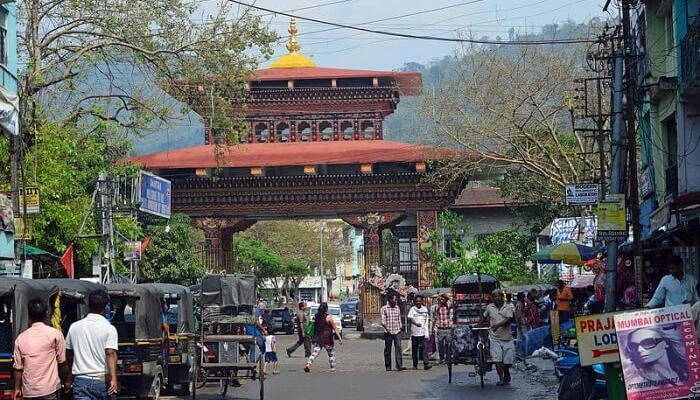The news on introducing royalty or fee for regional tourists visiting the country has created fears among the tour agents and other stakeholders involved.
The government in the last ‘Meet the Press’ had said that the decision is still under discussion. Meanwhile, the travel agents and hoteliers in Phuentsholing are of the view that a new approach to start charging which would not let the tourists feel the pinch would be more practical. The news of directly imposing the charge as Sustainable Development Fee is expected to lower regional tourists’ arrival numbers which they fear would affect the livelihood of hundreds involved in the sector.
Phuentsholing, being the main entry and exit point for regional tourists, more travel agents and hotels are mushrooming gradually. Existing budget hotels are also being upgraded to cater to regional tourists. They are sure to lose considerable number of tourists visiting the country.
After the news, guests who have confirmed with the agents have halted their visits until the government comes with a concrete decision.
“We are not sure. They could cancel the tour,” Kuenga Dorji, proprietor of Edge Bhutan Tours and Travels, an agent based in Phuentsholing said. Eighty packs which would cater to 40 rooms for a hotel have confirmed booking through his agent but now they have halted the confirmation. He is worried if the trend continues, he would have to close down business. He said that five of his employees would also lose their jobs.
Instead the travel agents feel that the royalty should be clubbed into green tax and travel insurance for the tourists. These fees, according to the travel agents, would be easily paid by the tourists knowing about the country’s effort in preserving the environment. Also, insurance will also provide security to them. Providing insurance to the guests would also serve as an indirect approach for the tourists to route through Bhutanese travel agents, thus creating more employment.
A hotelier, Sonam Wangdi, said that hotels would be hard hit. “Most of the hotels are reliant on regional tourism. Few high-end tourists visit Phuentsholing and decrease of regional tourists would mean loss to our livelihood,” he said.
Travel agents say that there should be a concrete decision on the type of services provided to the tourists with the amount charged. They suggest Tourism Council of Bhutan to frame policies based on the grade of tourists that visit the country. “Regional tourists help lower and middle income groups. And uniform policies are helping only higher income people,” another travel agent in Phuentsholing said.
Impact on regional tourism is expected to affect the economy as well. Most of the stakeholders have loans with financial institutes and decreased incoming tourists would result in defaulting loan repayment.
Before implementing the so called SDF, these stakeholders feel the necessity to consult and frame proper regulations so that none is affected adversely and best results are derived. “It will be a wise decision,” Sonam Wangchuk, a travel agent in Phuentsholing said.
The decision could also divert tourists to other regions in India where they can visit without fees. “There are better places to visit in the states of northern India like Kashmir, Himachal Pradesh and Sikkim. There are chances that they will be diverted,” another agent said.
Regional tourist arrivals in 2018 recorded a growth of 10.37% over 2017, reaching 202,290 arrivals. 94.83% of total regional arrivals were from India, followed by arrivals from Bangladesh (5.17%) and Maldives (0.002%).
Krishna Ghalley from Phuentsholing














